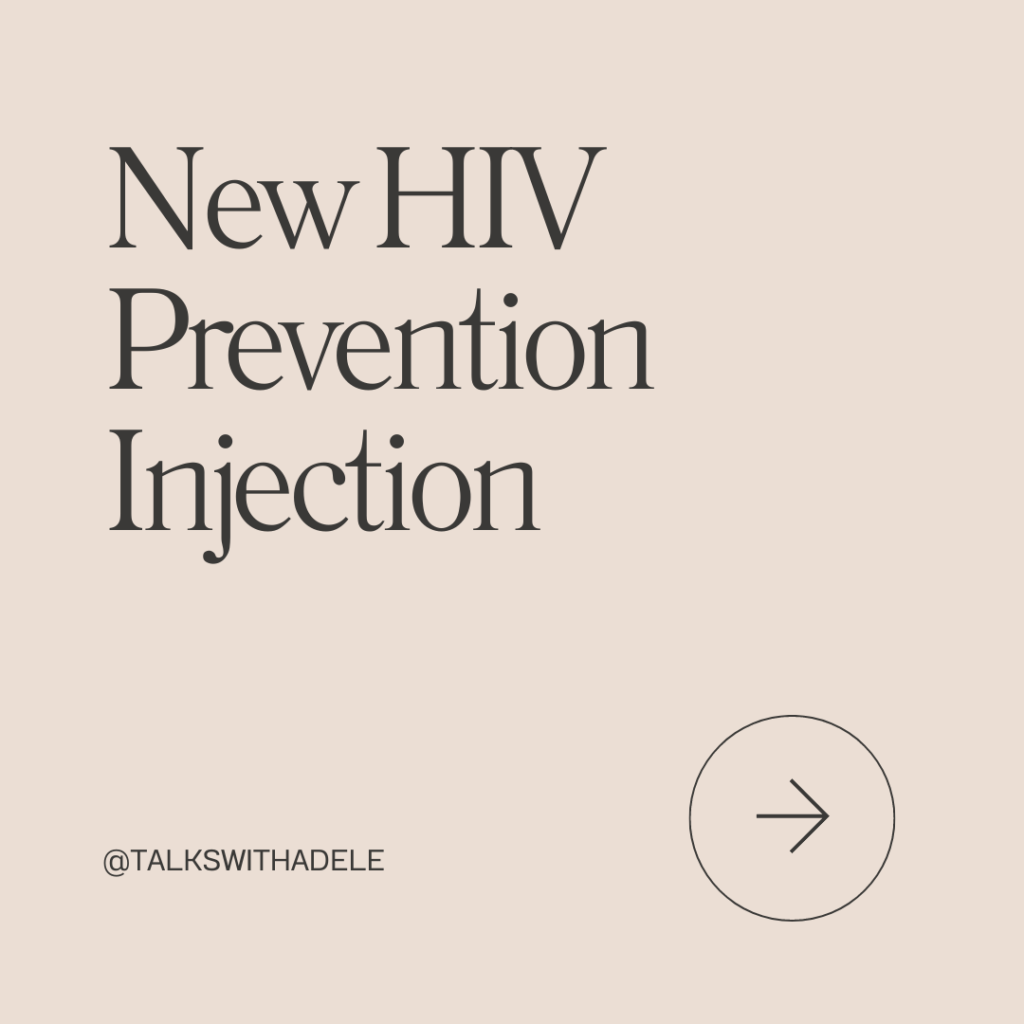Nearly 8 million people in South Africa are living positively with HIV and among this 8 million, 2 million are not on antiretroviral treatment. Antiretroviral treatment when adhered to may lead to an undetectable viral load in those living with HIV which leads to them lowering the chances of infecting others. The government has established HIV prevention programmes but the rise of HIV infections in our country is worrying, with young people who are aged 15-24 being at risk of contracting the virus. In 2016 the department of health approved the implementation of Pre-Exposure Prophylaxis (PrEP) to prevent those who are at risk of contracting HIV from getting infected. Factors such as stigmatisation of taking a pill have had a negative impact on adherence of the pill. A New HIV prevention method in the form of an injection called Long Acting Cabotegravir (CAB-LA) has been introduced and its implementation trials has been approved by the South African Health Products Regulatory Authority.
CAB-LA is a long-acting ARV medicine produced by Viiv Healthcare; this medication is administered in the form of an injection once every two months. Although oral PrEP is becoming more accessible people find it hard to adhere to the treatment due to stigma, CAB-LA is more discrete than the oral PrEP because unlike the oral PrEP which is taken on a daily the injection is administered once in two months because it remains for a long period of time in your body. The injection falls under schedule 4 medicine which means it can only be administered by a healthcare professional after considering certain factors.
The factors considered before CAB-LA is administered includes ones HIV status, only those who can produce an HIV negative test can receive the injection. The injection will be administered once each month for the first two months to analyse how the body reacts to the injection then once every two months. Some of the effects includes skin rash, headache, tiredness, mood changes and loss of appetite. Some of the issues that have been noted about the administration of CAB-LA include pricing. Because CAB-LA is expensive to make the manufacturing company has set up prices that developing countries seem to not afford and are in the process of negotiating lower prices. A regular South African who wants to get the injection might find it hard to access it because of the price, which is estimated at R4, 500 for 6 injections which makes a single injection R750.
The development of the injection does not mean that the pill does not work instead this gives people a chance to choose a prevention method that works best for them. People already living with HIV should note that CAB-LA can not be administered to them and they should continue to adhere to treatment.

